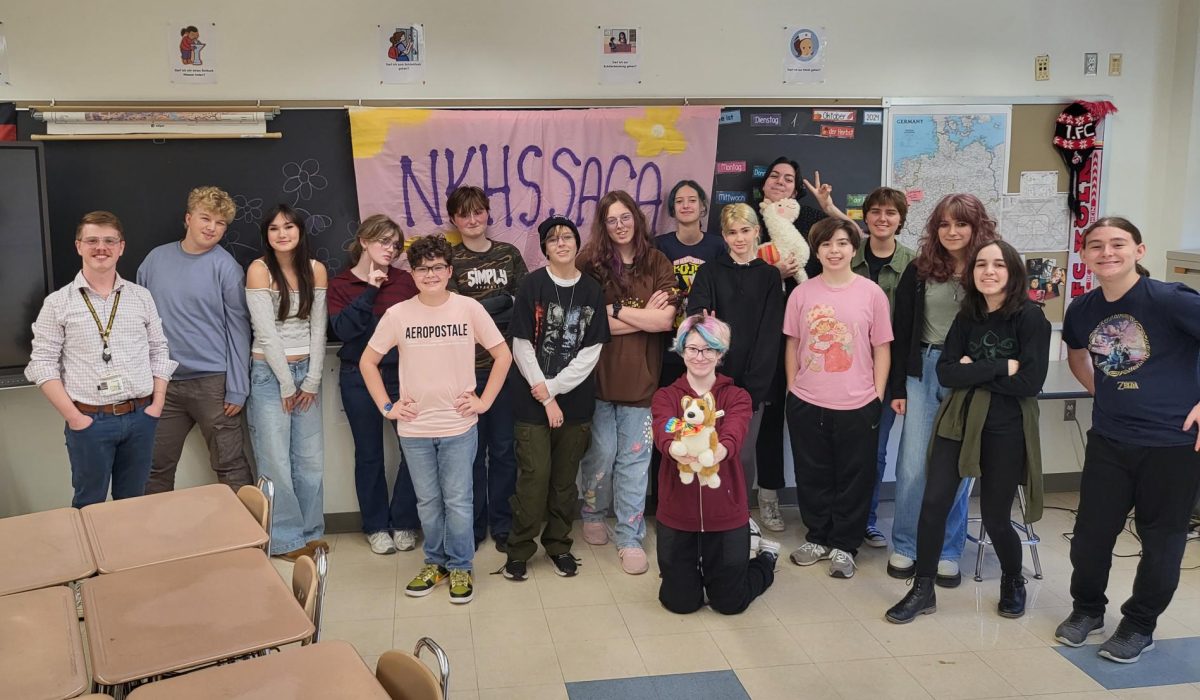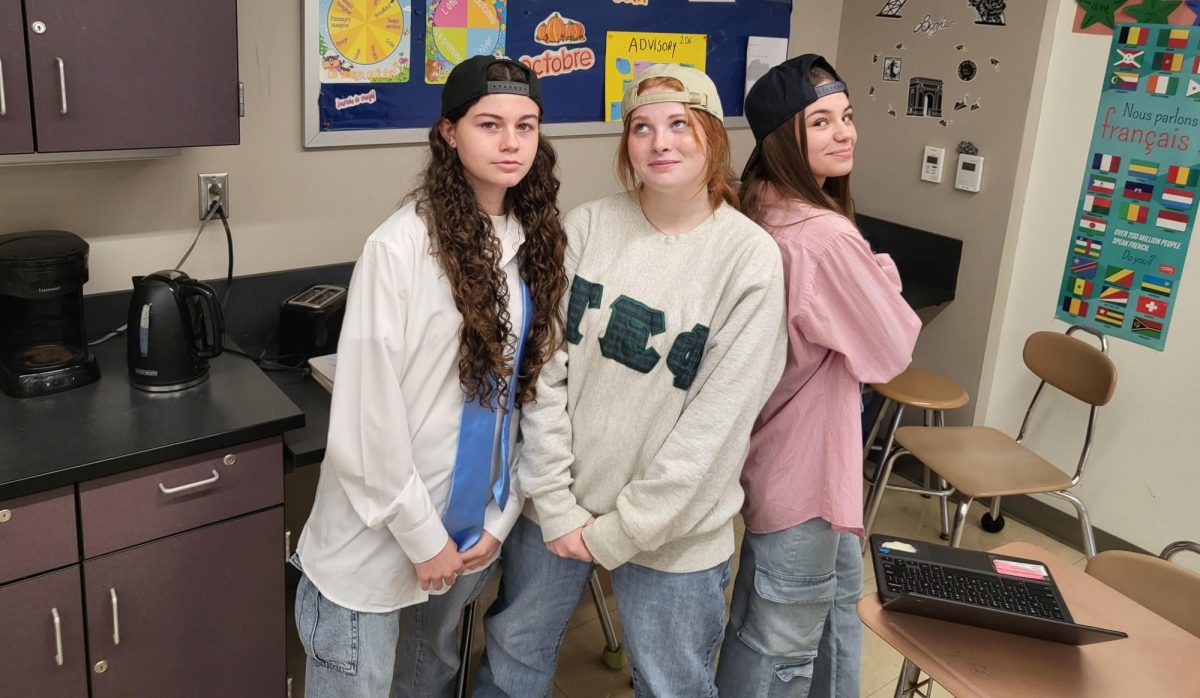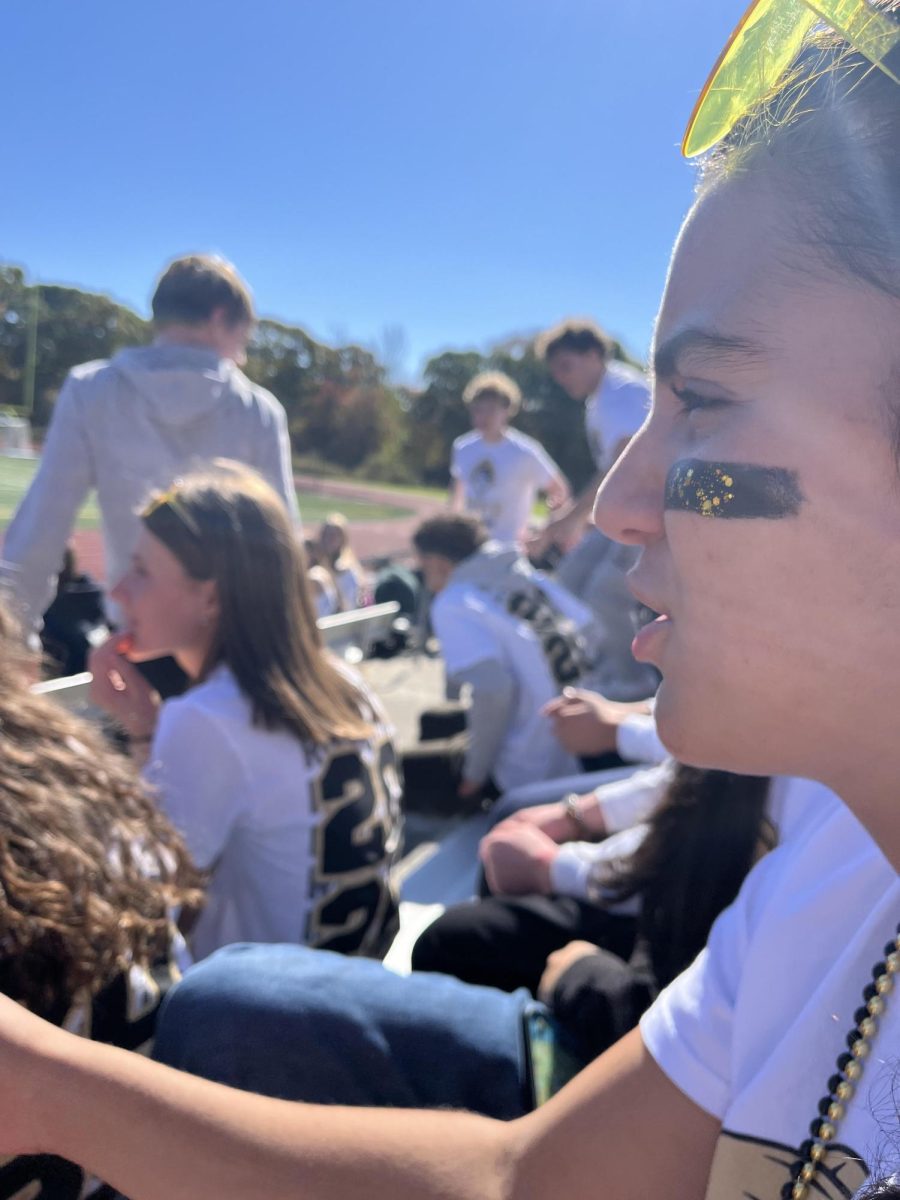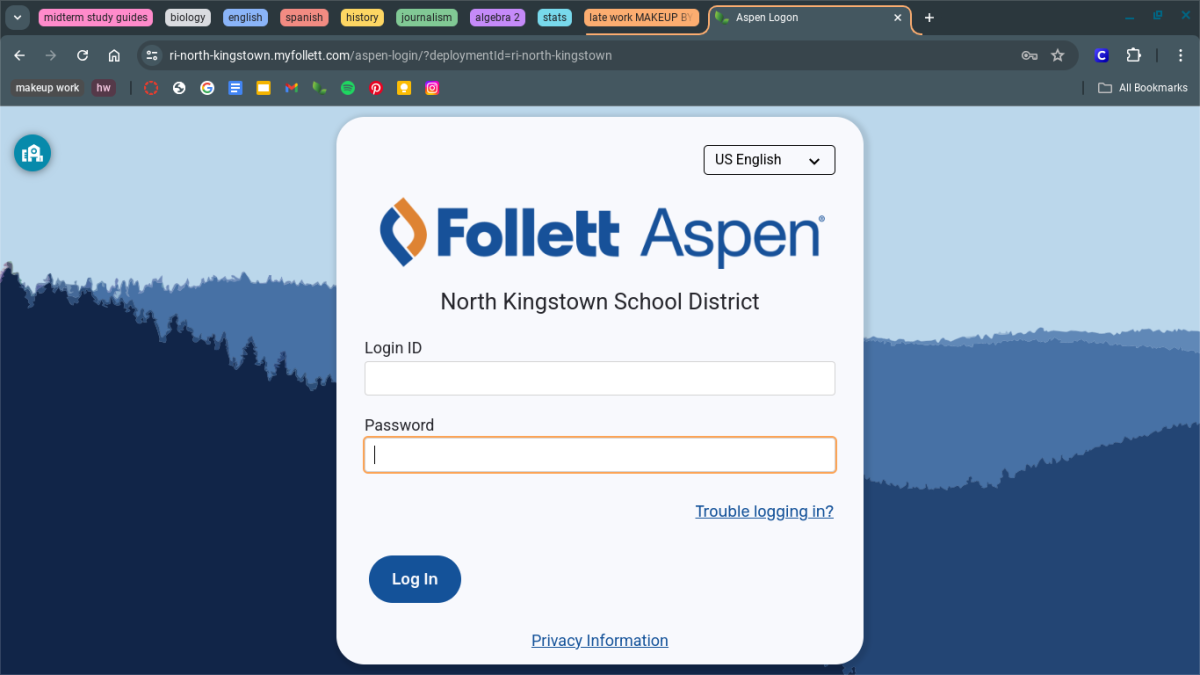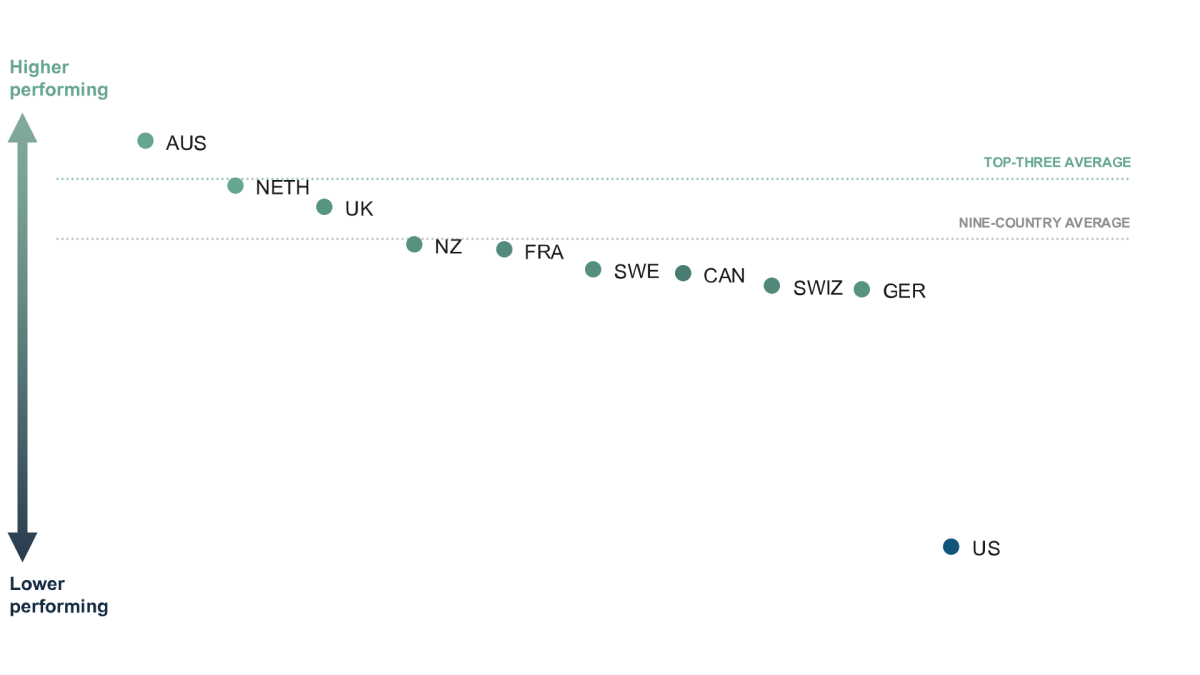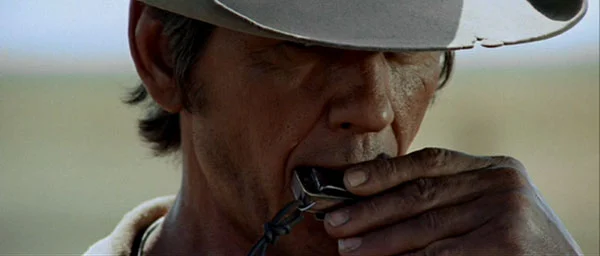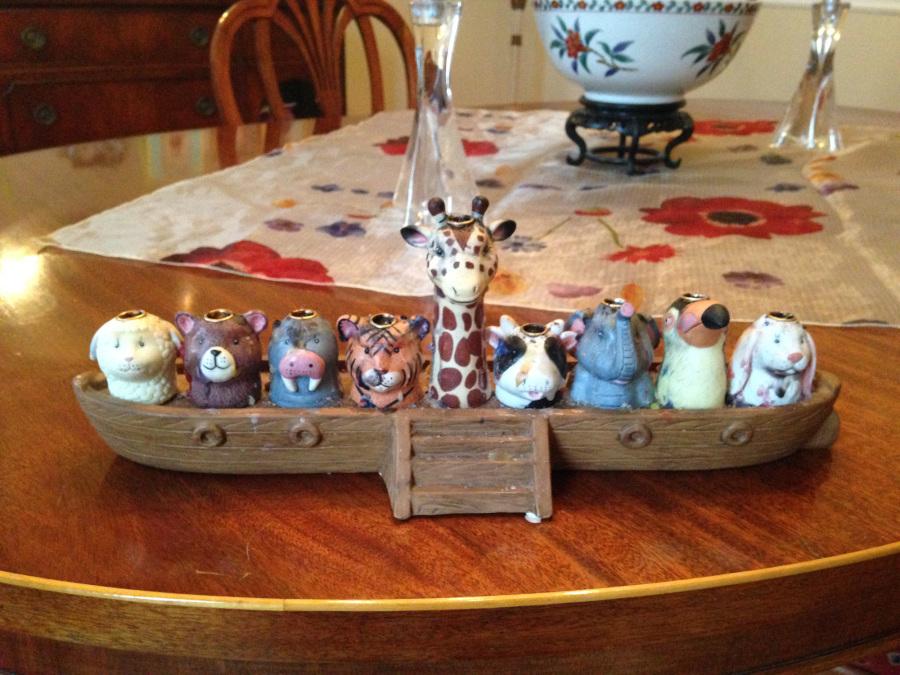Students, staff members reflect on Hanukkah
Sophomore Stephanie Krueger’s menorah is pictured. It is modeled after Noah’s Ark. The Kruegers have a more traditional-looking menorah as well.
Among the thousands of buildings flaunting vibrant lights and colorful evergreen trees in their windows on a typical December night, a handful of homes in North Kingstown display nothing more than a gleaming menorah. As members of a community that largely celebrates Christmas, most NK students know little about the religious holiday that the menorah represents, and even less about the faith of the people who celebrate it.
According to a 2012 study by Jewish Virtual Library, approximately 6.5 million people in the United States identify themselves as Jewish. This figure represents roughly 2.1 percent of the total U.S. population and 39.5 percent of the total Jewish population worldwide.
In addition to teaching English at NKHS, Mrs. Michelle Neri also practices Judaism. During the eight nights of Hanukkah, Neri and her family members light each respective candle of their menorah. They also enjoy fried foods such as sufghaniyot (fried jelly donuts) and latkes (fried potato and onion pancakes coated with apple sauce). “Hanukkah is all about oils and fried foods,” Neri said jokingly.
In fact, Hanukkah commemorates a miracle regarding oil, which occurred in 164 B.C.E. during the rededication of the Holy Temple in Jerusalum. According to the International Fellowship of Christians and Jews, the event followed a major military victory for the Jewish people. During the rededication, a supply of oil that the Jews anticipated to last for one night actually burned for eight consecutive nights.
This year, Hanukkah spans from Dec. 16 to Dec. 24. Contrary to popular belief, Rosh Hashanah and Yom Kippur are the most important Jewish holidays. They are normally celebrated in September or October. (The dates of Jewish holidays vary due to the nature of the Jewish calendar.)
Sophomore Stephanie Krueger celebrates Hanukkah as well. Coincidentally, Krueger is also of German descent, but her Jewish ancestors had already moved to the United States by the time of the Holocaust.
Krueger admits that being Jewish has its challenges. “Sometimes it’s frustrating because we don’t get holidays off [from school] like Yom Kippur or Rosh Hashanah,” she said. Even though her absence would be excused on those days, Krueger comes to school because she would otherwise need to make up classwork, quizzes, and tests later on.
Also, Krueger does not have any Jewish friends in NK. Even so, she appreciates the holiday spirit. “During the Christmas season, I’m fine with all of the songs and holiday talk because it’s nice to see everyone happy and excited,” said Krueger.
On Dec. 25, Neri generally eats Chinese food and goes to the movies. Chinese restaurants and movie theatres are two of the only public places open on Christmas, she said.
With a Christian mother and a Jewish father, sophomore Connor Mainwold normally celebrates both December holidays at home. “Most years, we put up a Christmas tree in the dining room and light a menorah in the den,” he said. In addition to lighting their menorah and eating customary foods, Mainwold and his family play dreidel games during Hanukkah.
As an educator, Neri believes it is important to recognize that students have various religious backgrounds. For this reason, public schools should avoid celebrating all religious holidays. “There’s no such thing as a ‘holiday tree’ or a ‘Hanukkah tree,’” Neri said. “It’s a Christmas tree. Christmas trees are beautiful; they just don’t belong in schools.”
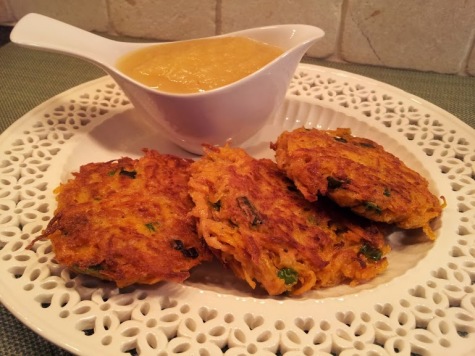
Sweet potato latkes with apple sauce
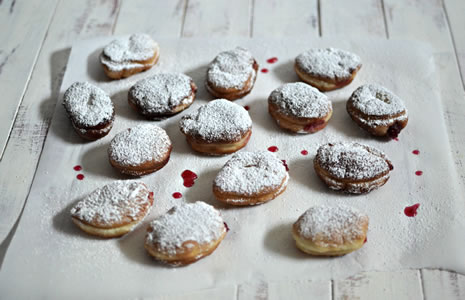
Sufganiyot
Your donation will support the student journalists of North Kingstown High School. Your contribution will allow us to distribute a print edition of the Current Wave to all students, as well as enter journalism competitions.

